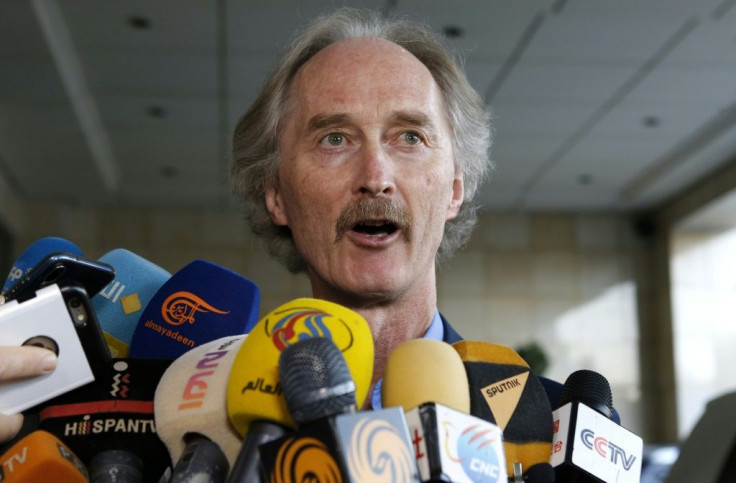UN Chief Announces Creation Of Constitutional Committee On Syria

United Nations Secretary-General Antonio Guterres announced Monday the creation of a committee on Syria that will include government and opposition representatives to draft a post-war constitution.
"I firmly believe that the launching of a Syrian-organized and Syrian-led Constitutional Committee can be the beginning of a political path towards a solution" to the years-long war, Guterres told reporters.
Guterres said his envoy to the war-torn country, Geir Pedersen, would bring the committee together in the coming weeks.
The committee is to include 150 members -- a third picked by the regime, another by the opposition, and the remaining third by the United Nations.
Monday's announcement came after Guterres said last week that an agreement had been reached concerning the "the composition of the committee".
The UN-backed push to form a constitutional committee had been bogged down by disagreements with President Bashar al-Assad's government over the makeup of body.
It is also unclear what the committee might achieve. Damascus hoped to amend the current constitution, while the opposition wants to write a new one from scratch.
Arguments over who would take on which roles on the committee also delayed the process.
Numerous rounds of UN-led peace talks have failed to end a war that has killed more than 370,000 people and displaced millions since erupting in 2011 with the repression of anti-government protests.
In recent years, a parallel negotiations track led by regime ally Russia and rebel backer Turkey has taken precedence.
With key military backing from Russia, Assad's forces have retaken large parts of Syria from rebels and jihadists since 2015, and now control around 60 percent of the country.
© Copyright AFP 2024. All rights reserved.





















